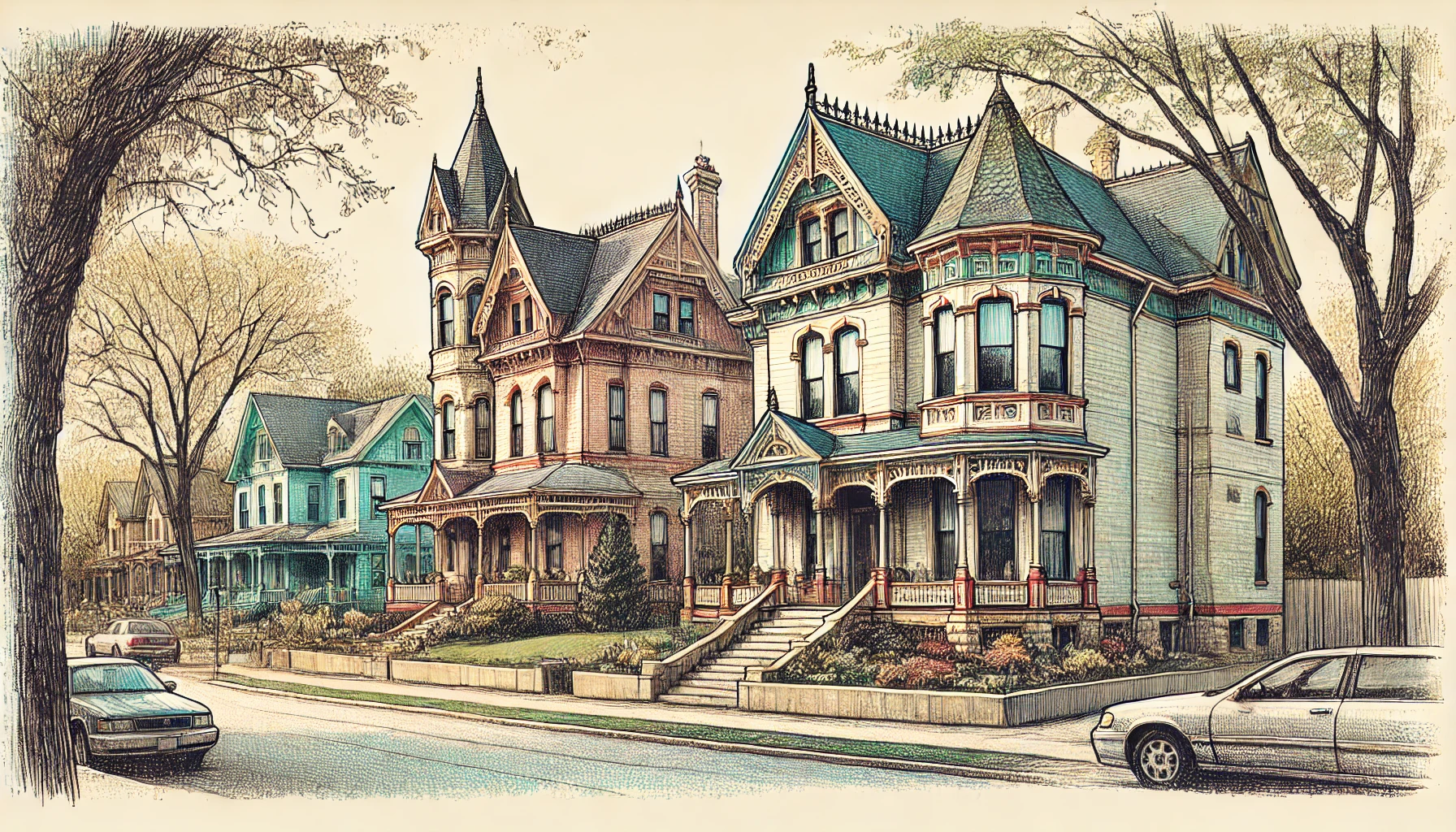Urban Agriculture Zoning Laws in Nebraska

As one travels through Nebraska, a state known for its vast prairies and agricultural heritage, it becomes apparent that the intersection of urban and rural spaces has given rise to a unique set of challenges and opportunities for urban agriculture. One crucial aspect of this phenomenon is urban agriculture zoning laws, which dictate the permissible uses of land within urban areas for agricultural purposes.
In the city of Omaha, Nebraska's largest metropolitan area, zoning laws have historically restricted the development of urban agriculture projects. However, in recent years, the city has taken steps to relax these regulations and encourage the growth of urban agriculture. For example, in 2018, the Omaha City Council passed an ordinance allowing residents to keep chickens and other small livestock on their properties, subject to certain restrictions and permitting requirements. This has enabled residents to establish small-scale urban farms and community gardens, such as the Gifford Park Community Garden in downtown Omaha.
Another Nebraska city that has made significant strides in promoting urban agriculture is Lincoln. In 2015, the Lincoln City Council adopted a comprehensive update to its zoning code, which included provisions specifically addressing urban agriculture. The updated code allows for a range of urban agriculture activities, including community gardens, urban farms, and rooftop gardens. The city has also established a program to provide technical assistance and financial support to urban agriculture projects, such as the Lincoln Food Policy Council's urban agriculture grant program.
A notable example of urban agriculture in Lincoln is the Antelope Park Community Garden, a 12-acre site that has been converted into a thriving community garden and urban farm. The garden, which is operated by the City of Lincoln and the Lincoln Parks and Recreation Department, offers plots to local residents and provides educational programs and workshops on urban agriculture and sustainability.
In addition to city-level policies, the state of Nebraska has also taken steps to support urban agriculture. In 2017, the Nebraska Legislature passed a bill that allows cities and counties to create "urban agriculture districts," which can be established to promote and support urban agriculture projects. The bill also provides funding for urban agriculture initiatives and educates lenders about the benefits of financing urban agriculture projects.
Nebraska's urban agriculture zoning laws reflect a broader shift towards supporting local food systems and promoting sustainable urban development. As the state continues to urbanize and grow, it is likely that urban agriculture will play an increasingly important role in shaping Nebraska's food landscape. By examining the successes and challenges of urban agriculture zoning laws in cities like Omaha and Lincoln, policymakers and community members can gain insight into the complex issues at play and work towards creating more just and sustainable food systems.
Overall, urban agriculture zoning laws in Nebraska are an important aspect of the state's food system, and cities like Omaha and Lincoln are at the forefront of efforts to promote and support this critical aspect of local food production. By understanding the complexities of these laws and their impact on urban agriculture, residents and policymakers can work together to build more resilient and sustainable food systems for the future.
The ever-changing landscape of urban agriculture zoning laws presents opportunities for cities to craft innovative policies and programs that promote food justice, sustainability, and urban development. In Nebraska, this movement towards embracing urban agriculture reflects the state's strong agricultural heritage, its identity as a leading producer of crops and livestock, and its growing recognition of the intricate connections between local food systems and community health.
In the city of Omaha, Nebraska's largest metropolitan area, zoning laws have historically restricted the development of urban agriculture projects. However, in recent years, the city has taken steps to relax these regulations and encourage the growth of urban agriculture. For example, in 2018, the Omaha City Council passed an ordinance allowing residents to keep chickens and other small livestock on their properties, subject to certain restrictions and permitting requirements. This has enabled residents to establish small-scale urban farms and community gardens, such as the Gifford Park Community Garden in downtown Omaha.
Another Nebraska city that has made significant strides in promoting urban agriculture is Lincoln. In 2015, the Lincoln City Council adopted a comprehensive update to its zoning code, which included provisions specifically addressing urban agriculture. The updated code allows for a range of urban agriculture activities, including community gardens, urban farms, and rooftop gardens. The city has also established a program to provide technical assistance and financial support to urban agriculture projects, such as the Lincoln Food Policy Council's urban agriculture grant program.
A notable example of urban agriculture in Lincoln is the Antelope Park Community Garden, a 12-acre site that has been converted into a thriving community garden and urban farm. The garden, which is operated by the City of Lincoln and the Lincoln Parks and Recreation Department, offers plots to local residents and provides educational programs and workshops on urban agriculture and sustainability.
In addition to city-level policies, the state of Nebraska has also taken steps to support urban agriculture. In 2017, the Nebraska Legislature passed a bill that allows cities and counties to create "urban agriculture districts," which can be established to promote and support urban agriculture projects. The bill also provides funding for urban agriculture initiatives and educates lenders about the benefits of financing urban agriculture projects.
Nebraska's urban agriculture zoning laws reflect a broader shift towards supporting local food systems and promoting sustainable urban development. As the state continues to urbanize and grow, it is likely that urban agriculture will play an increasingly important role in shaping Nebraska's food landscape. By examining the successes and challenges of urban agriculture zoning laws in cities like Omaha and Lincoln, policymakers and community members can gain insight into the complex issues at play and work towards creating more just and sustainable food systems.
Overall, urban agriculture zoning laws in Nebraska are an important aspect of the state's food system, and cities like Omaha and Lincoln are at the forefront of efforts to promote and support this critical aspect of local food production. By understanding the complexities of these laws and their impact on urban agriculture, residents and policymakers can work together to build more resilient and sustainable food systems for the future.
The ever-changing landscape of urban agriculture zoning laws presents opportunities for cities to craft innovative policies and programs that promote food justice, sustainability, and urban development. In Nebraska, this movement towards embracing urban agriculture reflects the state's strong agricultural heritage, its identity as a leading producer of crops and livestock, and its growing recognition of the intricate connections between local food systems and community health.
